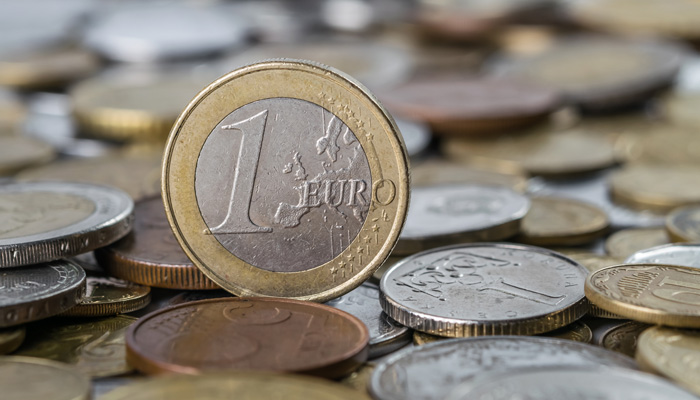
Inflation in the eurozone rose sharply in March due to the war in Ukraine. As a result, prices rose sharply; according to the European statistical office Eurostat, life became considerably more expensive.
Inflation was 7.5 percent, compared to 5.9 percent in February. As in previous months, this is a new record. However, since the introduction of the euro, prices have not risen as fast as last month.
Expensive energy, in particular, drives up inflation. Without including prices such as oil and gas, the overall price level would have been 3.4 percent higher than a year earlier.
The Central Bureau of Statistics (CBS) announced earlier in the day that inflation in the Netherlands rose to almost 12 percent last month. A month earlier, this was still more than 7 percent.
For this purpose, the European harmonized method was used, which was created to be able to compare the inflation data of different European countries properly. Unfortunately, the regular inflation figures from Statistics Netherlands will not be published until later.
